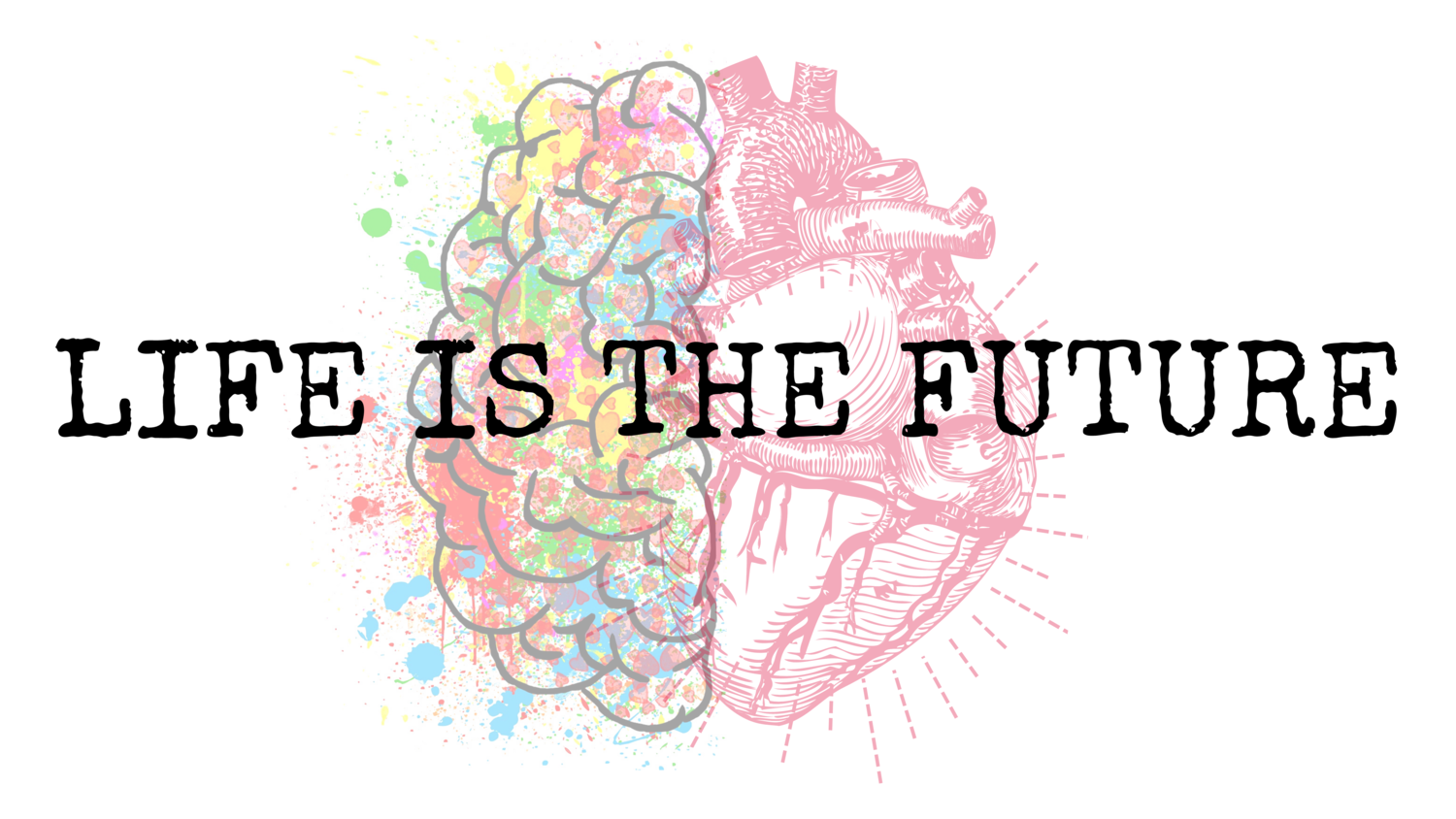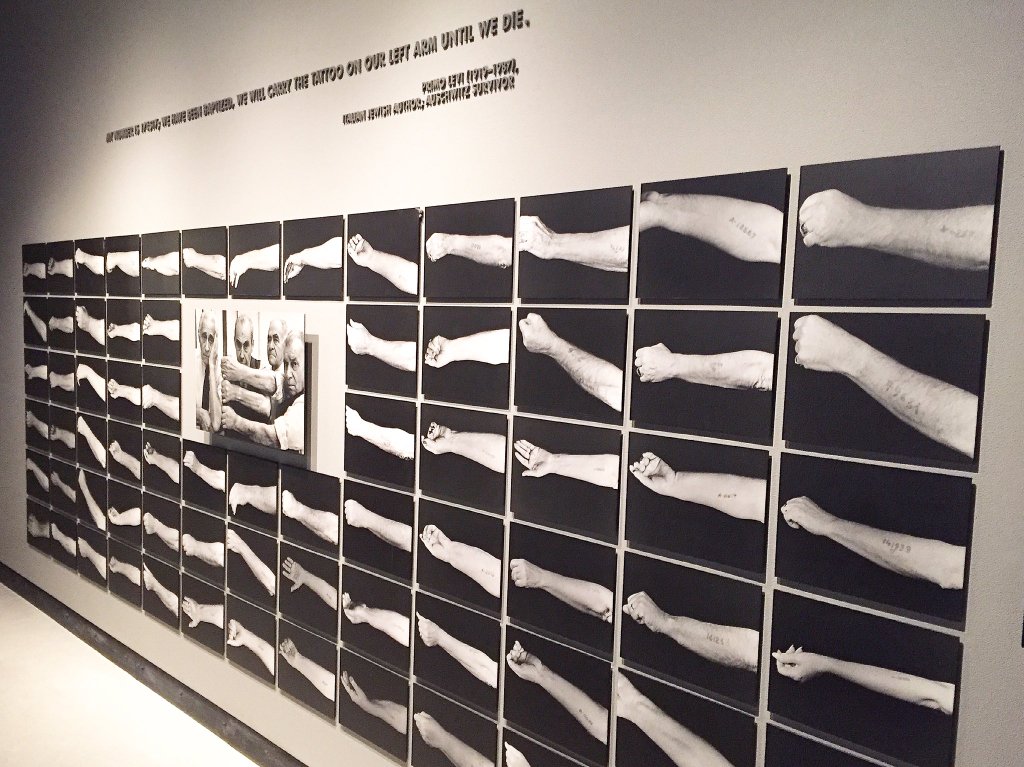Don't Judge a Book by Its Cover: The Holocaust Museum
“For the dead and the living, we must bear witness.” - Elie Wiesel
For the past 13 years, I have had the privilege of leading my school's 8th Grade trip to Washington D.C.
In the yearly trip, we take an extended weekend to fly out and visit the district, extensively touring the memorials, the museums, and taking in the other sights and culture the surrounding area has to offer.
Naturally, there is no substitute for teaching (and learning) outside of the classroom.
One of our stops is the hallowed grounds of the National Holocaust Museum. If you haven't had the chance to visit D.C. or this museum, it is a must-see, must-do. The horror of some of the darkest days of the human race is not an easy thing to witness with the related pictures, video, and salvaged relics. But that history must be taken in, for, just as the quote goes, if we don't learn from the past, we are doomed to repeat it.
About five years ago I found myself sitting and reflecting in one of the many areas the museum provides in their four-story building. It was at the end of a couple hours of heavy reading and learning; I make a point to spend extra time in different parts of the exhibit each year. I started in solitude, but was joined shortly after by some high school students on the bench next to me, talking, as high schoolers do. Nothing out of place, but I noticed a very obvious southern accent, which I placed as Texan... but to this day I am unsure. It may have just been a stereotype assumption.
What really woke me from my solemn daydream wasn't so much the southern accents, it was a specific comment.
One of the boys was reading the handout identification card he had popped out of his pocket; the museum gives one to all visitors at the onset of the museum tour. It chronicles the life of one person who endured the Holocaust. Some individuals lived through the tragedy, in many cases separated from loved ones in the process, while the majority highlighted in the booklets suffered an untimely death at the hands of Nazi brutality.
This young boy next to me, 16 or 17 at most, blurted out in discovery that the card he was holding was of a persecuted homosexual man.
"A fag!" the teenager whisper-yelled to his friends.
Apparently, this gay man was killed at the hands of the Nazis because of his sexual orientation. I never saw the card, but deduced that, potentially, he was a German himself, caucasian and possibly even Protestant, but was murdered in the Nazi "final solution" for having relationships with other men.
Over six million Jews were killed because of their religion from 1941-1945, but of course there were many other victims of the Holocaust. Experts put it at an additional five million non-Jewish victims of Nazi mass murder, bringing the total to around 11 million total victims of the genocide.
And, decades later, after all that has been disclosed with social intolerance, discrimination, racism, and the genocide of World War II, to my discomfort, this teenage boy continued. After it settled in, he carried on, saying loudly to his friends, "Well, I'm glad he died. He was a fag and he should have died."
He even repeated it; and I'll never forget his words...
"He was gay. He deserved to die."
To this day, I cannot believe what I heard. In my experience, teenagers were, and continue to be, some of the most accepting people I come into contact with. Yes, sure, there are bullying issues at school as there are across the nation and across the globe. I see conflict; I see opinions exposed that are sometimes less than optimal in terms of social tolerance. But with the majority of the young adults I work with, they are learning. Better yet, they are willing to learn... with the right circumstances, of course. And against what some of our adult society believes to be true, I don't see a future in shambles. I have written it before: I see a teenage population that will be given the problems of previous generations... and will be told to solve them.
Each year I am impressed with what my 12, 13, and 14-year-old students are capable of discussing. I am impressed with what they comprehend and the insight they offer. In many cases, teenagers of today are more appalled at the behavior of discriminatory adults than vice versa, and that is a sobering thought.
How can we teach love to the youth of today if we are constantly exhibiting hate and violence?
And so, as I was sitting in the Holocaust Museum, in the very place that was created to expose the dark depths of the human soul, in the very place that is meant to educate and promote social awareness and cultural unity, I realized what I heard was not the norm. Maybe that's why I was so taken aback, why I was ripped from my own thoughts with a force that swelled in so many directions. I take this all as a good thing; I take this as a testament to the kind-heartedness that is possible in all young people across America, and perhaps across the world: The walls of stereotypical teenage behavior can be broken.
This teenage boy was just another student who needed guidance. Education is knowledge, and knowledge is powerful.
At that moment, I gathered myself and realized I needed to put on my teaching hat. I needed to be "that guy" who spoke up... that random dude sitting on a bench on their class field trip.
But, truth be told, my brain could only muster a brief interjection before the group stood up and moved on their way.
In a simple voice, I looked over and said, "I can't believe you would say that. That you would think someone deserved to die, just because of who they were attracted to."
It was all I could think of.
What I wanted to say, looking back, is much more detailed. Much more direct. Something, in retrospect, like, "That man was killed, as were millions of people in the Holocaust, because of hate. This is a museum honoring those people. And here you are spouting some of the same hatred in a claim that someone deserved to die, in this case not even for holding a belief or for committing a religious act, but for expressing feelings of love. Someone deserves to die for the human act of loving someone else? That embrace of hate versus love is not only harmful to one person, it is harmful to all of us, as witnesses to the human race."
In the end, my initial shock stands on its own. Perhaps it was better that I kept it short and non-accusatory, in and of itself. I don't know. Like most of life, I don't have all the answers.
But what I do know, and am proud to express, is that one prejudiced opinion, however stereotypically fulfilling it may have been, does not apply to an entire generation.

